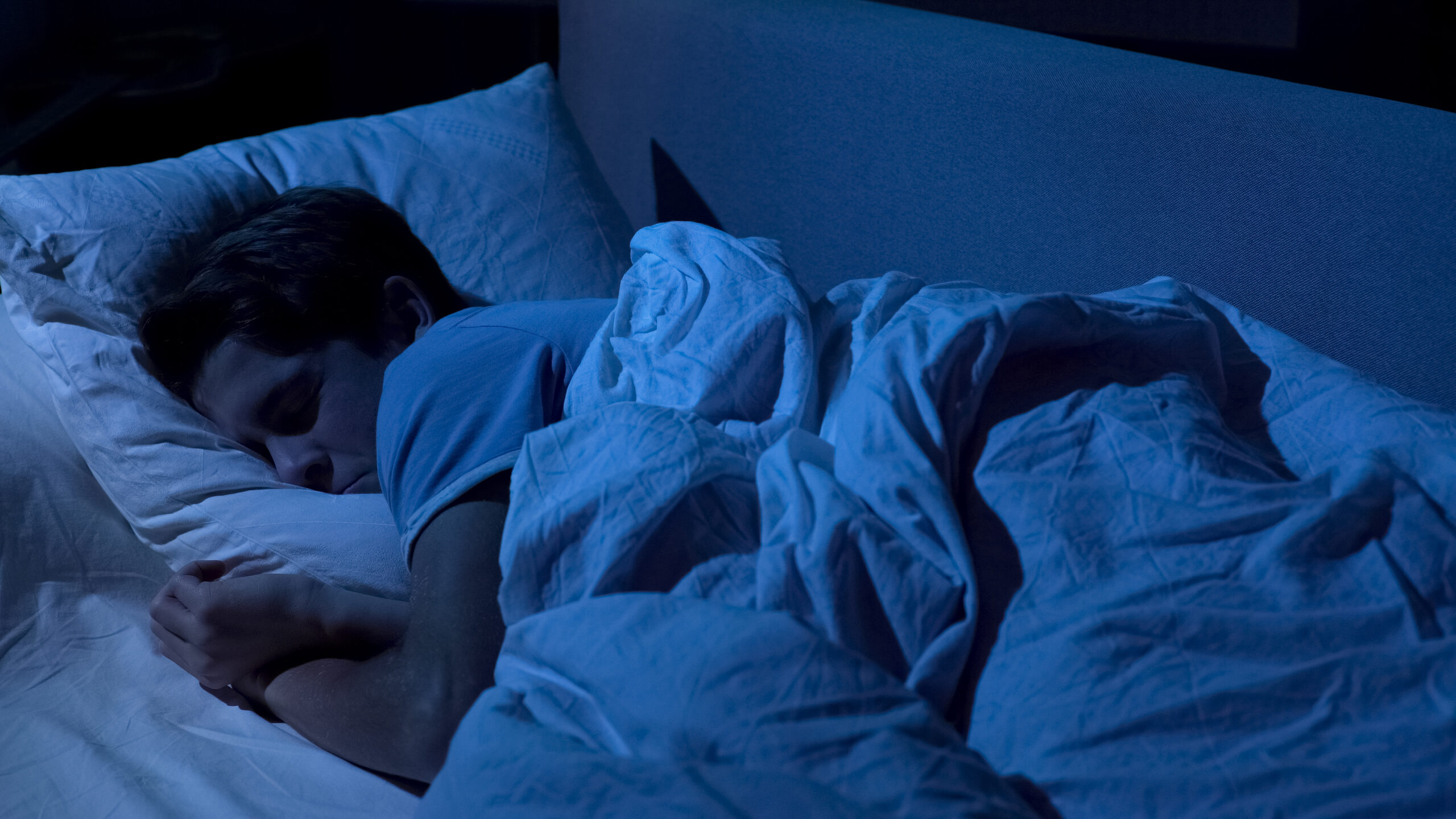Table of Contents

Adolescents who get adequate sleep show significant improvements in cognitive performance, yet 80% of teens fail to meet recommended sleep guidelines, potentially hampering their brain development at a critical time.
At a Glance
- Teens need 8-10 hours of sleep for optimal cognitive development and emotional regulation
- Small differences in sleep duration produce measurable differences in brain structure and cognitive performance
- Inadequate sleep in pre-teens is linked to reduced gray matter in brain areas responsible for attention, memory, and impulse control
- Biological changes during adolescence shift teens toward later bedtimes, often conflicting with early school schedules
- Improved sleep hygiene education could help close the gap between recommended and actual sleep patterns
The Critical Brain-Sleep Connection
Recent research has established a clear relationship between sleep duration and cognitive function in adolescents. Studies show that teens who consistently sleep longer and have earlier bedtimes perform better on cognitive tasks measuring memory, problem-solving, and attention. These findings are particularly significant because adolescence represents a crucial period of brain development when neural pathways are being refined and consolidated. Sleep plays a vital role in this process by clearing brain toxins, strengthening neural connections, and enhancing learning capabilities that support academic performance.
Data from the Adolescent Brain Cognitive Development Study involving over 3,200 teens with objective sleep measurements from FitBits has provided compelling evidence of these connections. The research revealed that even small variations in sleep duration can lead to noticeable differences in brain structure and activity. Pre-teens sleeping less than nine hours daily show measurable differences in brain regions responsible for attention, memory and inhibition control when compared to peers who get adequate rest.
Emotional Regulation and Mental Health Benefits
Beyond cognitive enhancement, adequate sleep profoundly impacts emotional functioning in adolescents. Teens who consistently achieve the recommended 8-10 hours of sleep demonstrate improved management of anxiety, depression, and stress compared to their sleep-deprived peers. Sleep helps regulate stress hormones like cortisol, which directly influences emotional resilience and stress management capabilities. Conversely, disrupted sleep patterns are strongly associated with mood swings, irritability, and heightened emotional reactivity—common challenges during the teenage years.
What Causes Postpartum Depression?
The thought of becoming a parent is associated with a lot of powerful emotions. The birth of a baby is expected to bring unmatched contentment and joy. But, sometimes, it may result in an unfortunate condition - Postpartum Depression.
Also… pic.twitter.com/EDWIYDC4E4
— GABA Telepsychiatry (@GABAtelepsych) April 2, 2024
The connection between sleep and mental well-being becomes even more critical when considering that approximately 80% of teenagers aren't getting enough sleep. This widespread sleep deprivation creates a concerning vulnerability to stress-related mental health issues at a developmental stage already characterized by significant emotional and social challenges. Research consistently indicates that teens with sufficient sleep demonstrate lower levels of depressive symptoms and greater emotional stability, highlighting sleep as a foundational element of adolescent mental health.
The Biological Clock Conflict
Many parents and educators mistakenly attribute teen sleep deficits solely to poor habits or excessive screen time. However, research reveals that adolescents experience significant biological changes in their circadian rhythms. During puberty, the body's internal clock naturally shifts, causing teens to feel alert later at night and sleepy later in the morning. This biological tendency directly conflicts with typical early school start times, creating what sleep researchers often call "social jet lag" for adolescents who must wake up hours before their bodies are biologically ready.
Experts refer to many teens as "night owls" due to this biological shift, which can create persistent challenges in meeting sleep recommendations. Studies show that white matter hyperintensity volume, a marker of cerebrovascular health, is optimized in those sleeping 8 hours nightly. This makes the typical teen sleep pattern—staying up late and waking early for school—particularly problematic for developing brains that need consistent, adequate rest during this formative period.
Bridging the Gap Through Education
Given the critical importance of sleep for adolescent development and the widespread failure to meet sleep recommendations, educators and health professionals are advocating for improved sleep hygiene education. Effective approaches include maintaining consistent sleep schedules even on weekends, creating calming pre-bedtime routines, and limiting electronic device usage before bed. These evidence-based strategies can help teens work with, rather than against, their changing biological rhythms during this developmental period.
The only thing worse than Homeopathy?
Scientists on the internet without any knowledge on clinical medical practice, selling supplements that they endorse, using misinformation masquerading as "solid peer reviewed science."
Check this video out, when Huberman bullshits everyone… pic.twitter.com/MPqlEfbzWU
— TheLiverDoc (@theliverdr) September 9, 2023
For adolescents experiencing persistent sleep difficulties, cognitive behavioral therapy for insomnia (CBT-I) has shown promising results. This structured approach helps identify and modify thoughts and behaviors that interfere with sleep. Some sleep researchers and education advocates are also pushing for later school start times that better align with adolescent biology. The research clearly indicates that sleep duration is a modifiable lifestyle factor with significant impacts on cognitive function and brain structure, making sleep hygiene education an essential component of adolescent health promotion.
